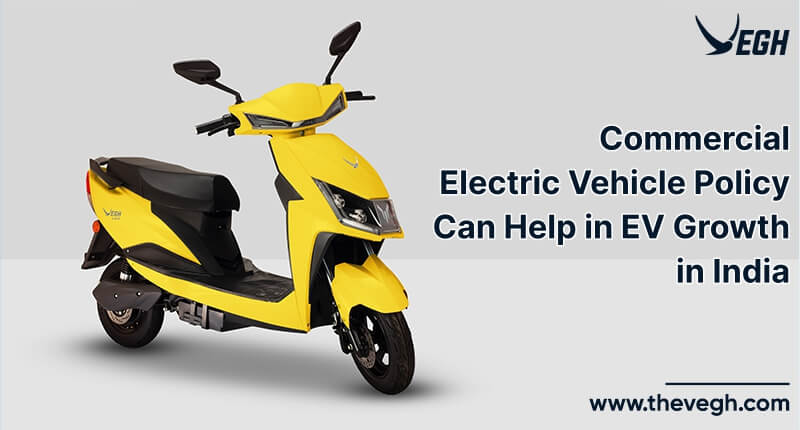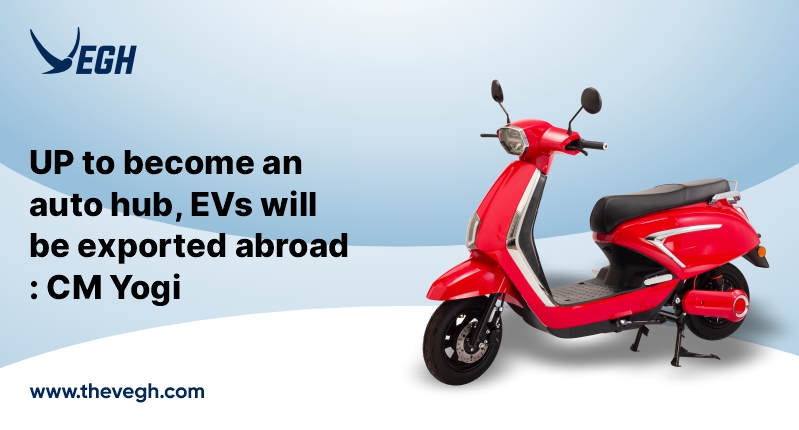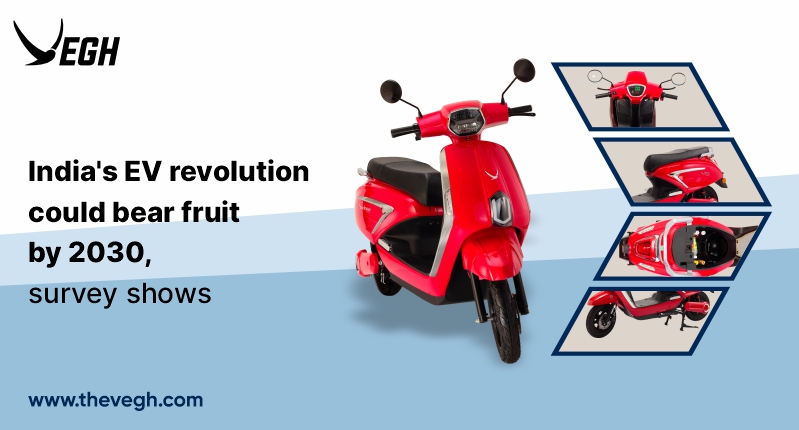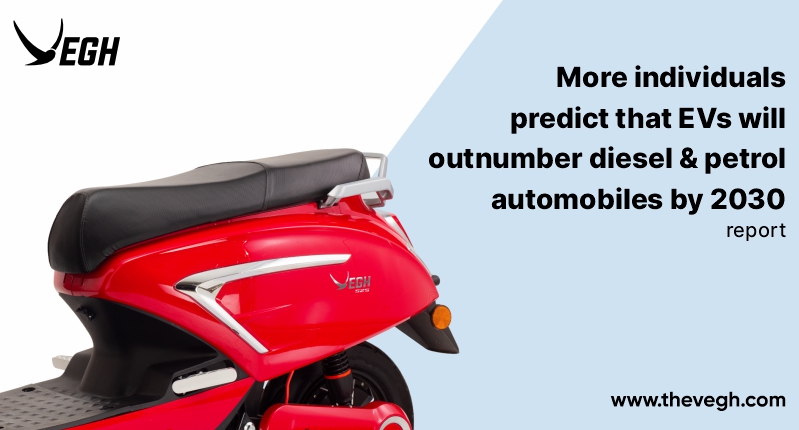
“Commercial vehicle segment is one of the largest in the entire automotive sector. Electrifying the logistic and transport sector is very necessary for India to achieve the Net Zero Target by 2070”
According to the Vahan Dashboard of the Ministry of Road Transport and Highways, EV sales in India have increased by 330% year on year. This represents just about 5% of total new vehicle registrations.
The transport and logistics sector, which is the single largest contributor to vehicle emissions, is vital to India achieving net zero carbon status by 2070. EVs should be included in the Reserve Bank of India’s (RBI) priority sector lending policy. While 20 Indian states and union territories have passed EV policy frameworks, none of them provide incentives for commercial EVs.
India must identify the residual value of batteries to incentivize financial institutions to cut lending rates on EVs. In 2020, the Ministry of Environment, Forestry, and Climate Change [MoEFCC] issued the draught Battery Waste Management Rules. The document describes recycling techniques and standards, but it lacks standardization of battery residual values, which is required for circularity in EVs – from production to recycling and reusing battery components.
The Japan Battery Recycling Centre (JBC), a producer-responsibility organization, is a great model for other countries to emulate. JBC repurposes spent batteries in home emergency power systems (inverters) and has a systematic battery disposal procedure.
Rising EV demand will hurt the supply of crucial battery components such as lithium and cobalt. To compete in the global EV industry, India must rapidly consider localization. State policy frameworks must encourage the car sector to invest in local resilience and capacities for materials, components, and skilled labor. In India’s EV business, start-ups have been the epicenter of innovation.
Few EV regulations provide financial or production-related incentives to new businesses. Patent registration in India is an expensive process. Other states could look to Chandigarh’s EV policy framework, which reimburses half of national patent registration fees for new OEMs.
To meet expanding demand, the EV industry will require a massive influx of trained employees. Talent development will be aided by an NSDC-inspired skill development subsidy for EV production. OEMs might investigate skill development collaborations with the country’s top skilling institutes.
In India, two main states, Delhi and Maharashtra, have a single-window approval system for establishing critical charging infrastructure. Currently, India is concentrating on slow and moderate charging, as well as a swapping network for e2Ws and e3Ws. However, for the commercial e4W market, a fast and ultra-quick charging network is required. EV charging stations near gas stations would increase EV adoption across all categories. As a result, public-private partnerships between oil and gas companies and charging infrastructure providers are emerging.









